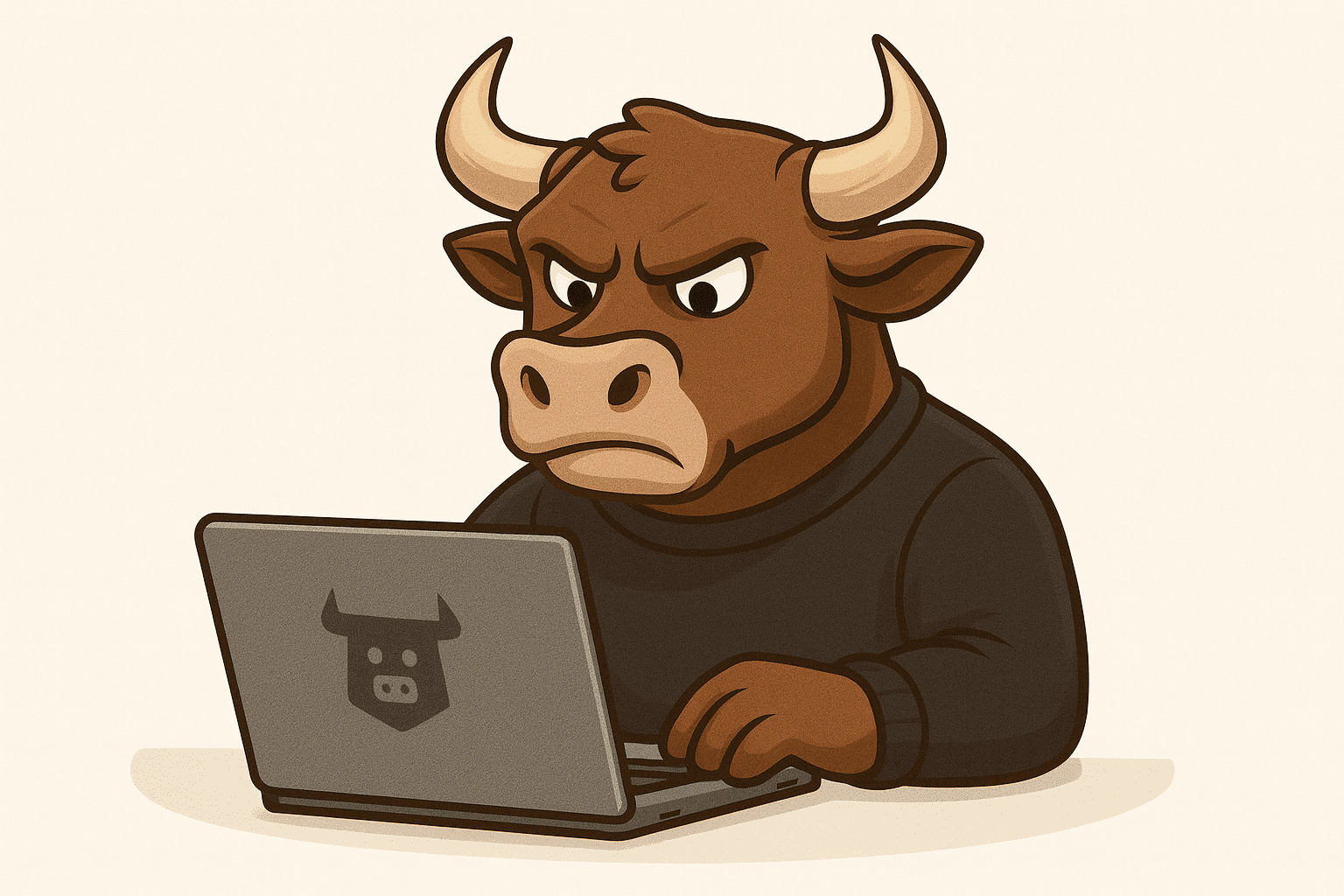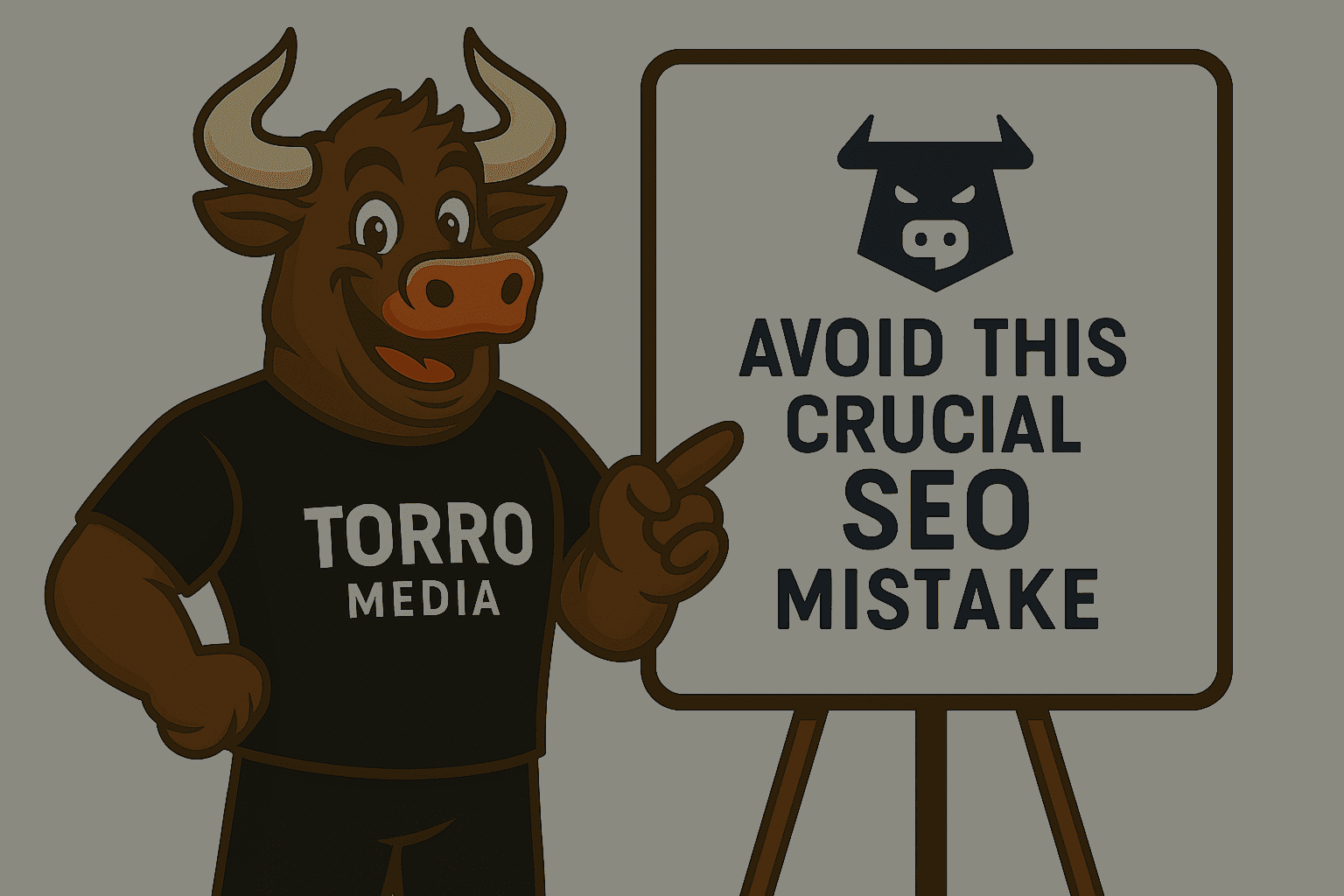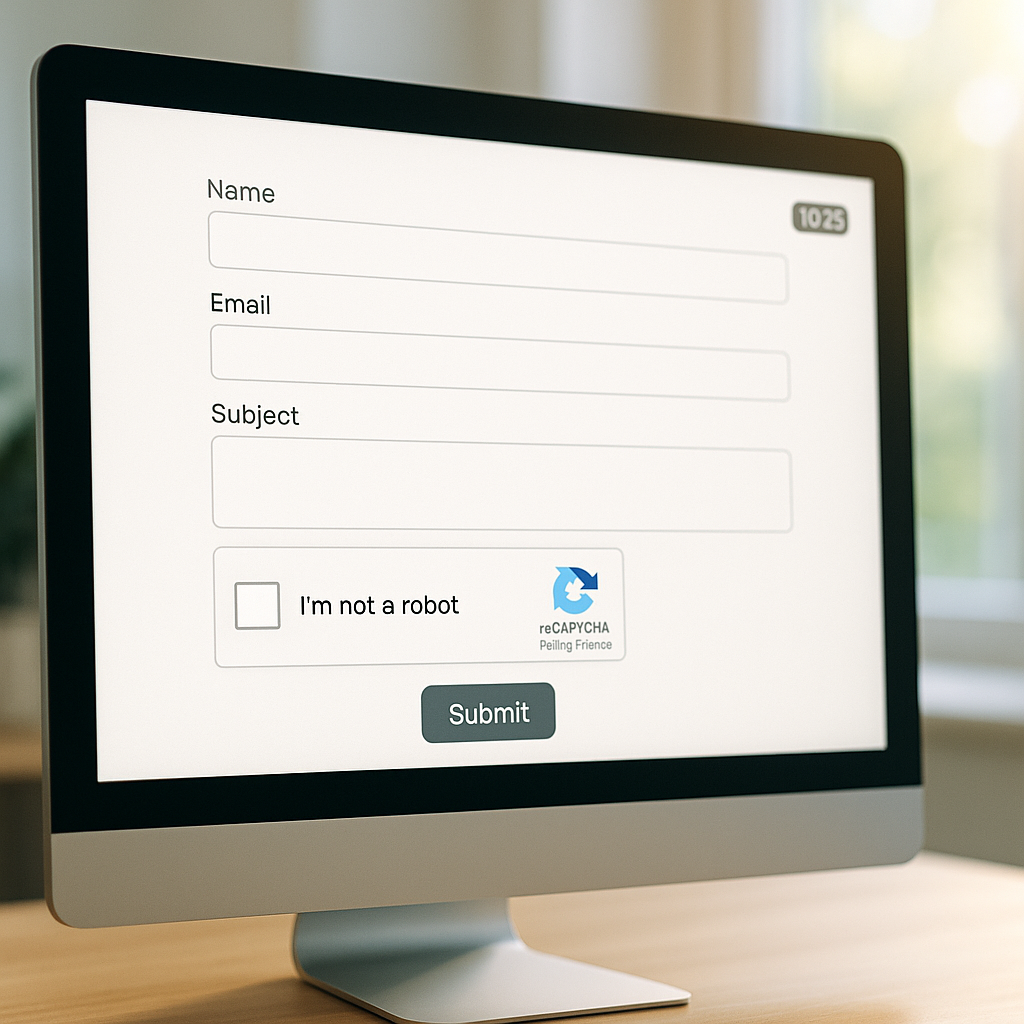Your WordPress Site is at Risk: Here’s How to Lock It Down
Key Summary
You don't need to be a tech expert to secure your WordPress website. This non-techie's guide breaks down WordPress security into 10 simple, actionable steps you MUST do to protect your site from hackers, malware, and data loss. Start securing your site today.
Why WordPress Security Matters for Everyone
Think your small site is too obscure to be hacked? Unfortunately, automated bots don't discriminate. They constantly scour the web for vulnerable WordPress sites of all sizes. A security breach can mean a damaged reputation, lost revenue, and a tremendous amount of stress. The good news is that with a few essential practices, you can dramatically reduce your risk.
1. Fortify Your Login Page
The login page is the most common target. Never use "admin" as a username. Instead, create a user with a unique username during installation. Next, enforce strong passwords, a long mix of letters, numbers, and symbols. Consider a service like WordPress Care Plans that often includes security monitoring.
2. Embrace the Power of Updates
One of the easiest, yet most critical, steps you can take to protect your WordPress site is simply keeping everything up to date. This includes your WordPress core, themes, and plugins. Why? Outdated software is one of the most common entry points hackers use to break into websites.
Developers regularly release updates not just to add new features, but more importantly, to fix security vulnerabilities that have been discovered. If you don’t install these updates, your site stays exposed to known threats - and attackers actively scan the web looking for outdated sites to exploit.
3. Implement Two-Factor Authentication (2FA)
Two-factor authentication adds a second layer of security to your login process. Even if someone steals your password, they would need access to your phone or email to log in. A simple plugin can easily set this up, making your site exponentially more secure.
4. Choose a Reputable Hosting Provider
Your hosting provider is your website's first line of defense. Avoid cheap, shared hosts with poor security records. Invest in a quality host that offers proactive security measures, such as firewalls, malware scanning, and support for the latest PHP versions. This is a foundational element of your Managed WordPress Hosting strategy.
5. Install a WordPress Security Plugin
A good security plugin works like a virtual guard dog for your WordPress site, constantly monitoring for threats and blocking potential attacks. It adds an essential layer of protection without requiring any technical skills. When choosing a security plugin, look for key features such as a built-in firewall to block malicious traffic before it reaches your site, malware scanning to detect any suspicious files or infections, and brute force protection to limit the number of login attempts and stop hackers from guessing your password. Many plugins also offer login monitoring, alerts for unusual activity, and even basic hardening options to lock down vulnerable areas of your site. The best part is that most top-rated security plugins-like Wordfence, Sucuri, or iThemes Security-are designed with user-friendly interfaces that guide you through setup and configuration.

6. Perform Regular, Automated Backups
If the worst happens, a recent backup is your only way out. Your backup solution should automatically save your entire site-files and database-to a remote location like Google Drive or Dropbox. Test your backups periodically to ensure they work. This is your ultimate safety net.
7. Apply the Principle of Least Privilege
Be stingy with user accounts. Only give users the absolute minimum level of access they need to perform their task. If someone only needs to write posts, make them an "Author," not an "Administrator." This limits the damage if an account is compromised.
8. Monitor Your Site's Activity
Keep an eye on what's happening on your site. Use a plugin to log user activity, see when files are changed, and monitor for failed login attempts. This helps you spot suspicious behavior early before it becomes a major problem.
9. Use SSL/HTTPS Encryption
SSL encrypts data transferred between your visitor's browser and your server. This protects sensitive information and is also a ranking factor for Google. Many hosts now offer free SSL certificates (Let's Encrypt), making this an easy win for security and SEO.
10. Schedule Regular Security Audits
Set a calendar reminder to review your security quarterly. Check user accounts, review installed plugins, and ensure everything is up to date. A proactive approach is always better than a reactive one. For a professional assessment, you can always request a security audit from experts.
Don't let your hard work be undone by a preventable attack. By following these ten steps, you can sleep soundly knowing your website is protected. If you need help implementing any of these measures, our team is ready to assist. Contact us for a WordPress security consultation.
Frequently Asked Questions
What is the simplest way to secure a WordPress site?
The simplest way to secure a WordPress site is to keep everything updated and use strong, unique passwords. Enabling automatic updates for WordPress core, plugins, and themes ensures you receive critical security patches without having to remember to do it manually.
Do I need a security plugin for WordPress?
Yes, a security plugin is highly recommended, especially for non-technical users. It provides essential protection like a firewall, malware scanning, and brute force attack prevention through an easy-to-use interface, automating complex security tasks.
How often should I back up my WordPress site?
You should back up your WordPress site daily if you publish new content or accept comments regularly. For more static sites, a weekly backup may be sufficient. The key is to ensure the process is automated and that backups are stored off-site.
Is WordPress secure enough for an online store?
Yes, WordPress paired with WooCommerce can be very secure for an online store, but it requires diligent maintenance. Following all standard security practices-especially using a reputable host, SSL, and a security plugin, is non-negotiable when handling customer data and payments.



